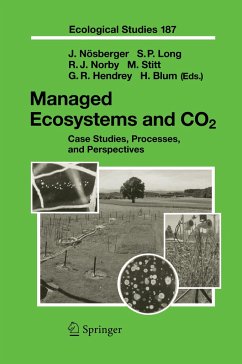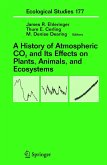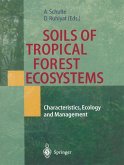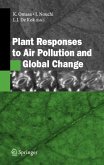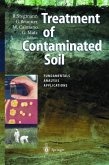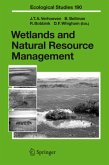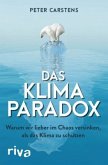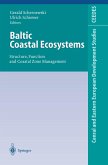Managed ecosystems cover a large part of the Earth's land surface, provide almost all of our food and most of our wood and fibre, and are increasingly a source of renewable energy. Forecasting the ability of managed ecosystems to continue these vital roles in a globally changing environment is an inter-disciplinary challenge.
To elucidate the complex responses of managed systems to elevated [CO2], several free air carbon dioxide enrichment (FACE) facilities were established. These FACE systems allow large areas to be exposed to the elevated [CO2] we expect by the middle of the century. This volume summarizes the main findings from 13 experiments with annual crops, permanent pastures and plantation forests at 11 sites throughout the world during the past ten years. The results significantly alter our perception of how rising [CO2] will directly affect these managed ecosystems, with implications for policy, plant-breeding objectives and adaptation.
To elucidate the complex responses of managed systems to elevated [CO2], several free air carbon dioxide enrichment (FACE) facilities were established. These FACE systems allow large areas to be exposed to the elevated [CO2] we expect by the middle of the century. This volume summarizes the main findings from 13 experiments with annual crops, permanent pastures and plantation forests at 11 sites throughout the world during the past ten years. The results significantly alter our perception of how rising [CO2] will directly affect these managed ecosystems, with implications for policy, plant-breeding objectives and adaptation.
From the reviews:
"Nösberger at al. have compiled the current experimental knowledge of the effects of atmospheric CO2 enrichment on managed ecosystems. ... As an overall judgement, 'Management Ecosystems and CO2' can be recommended for anybody concerned with CO2 enrichment effects, from graduate students to senior researchers, as a valuable source of recent information. Reading also leaves some space to think about how we can further improve our knowledge." (Andreas Fangmeier, Basic and Applied Ecology, Issue 8, 2007)
"Nösberger at al. have compiled the current experimental knowledge of the effects of atmospheric CO2 enrichment on managed ecosystems. ... As an overall judgement, 'Management Ecosystems and CO2' can be recommended for anybody concerned with CO2 enrichment effects, from graduate students to senior researchers, as a valuable source of recent information. Reading also leaves some space to think about how we can further improve our knowledge." (Andreas Fangmeier, Basic and Applied Ecology, Issue 8, 2007)

